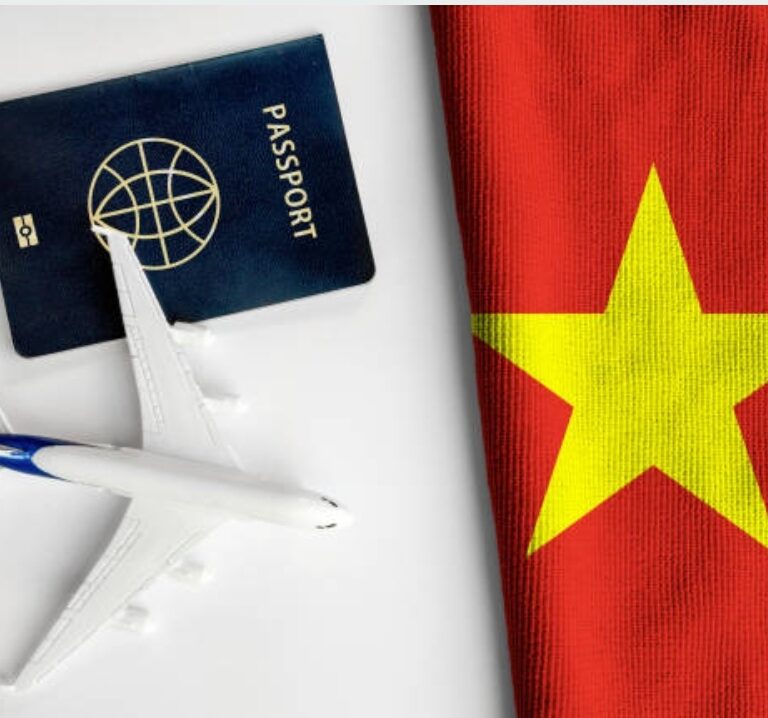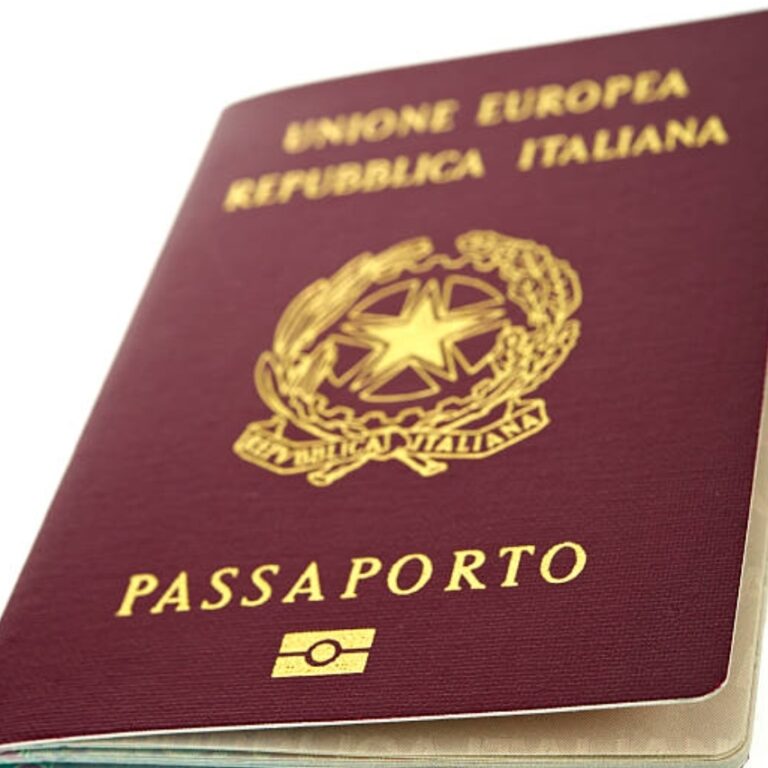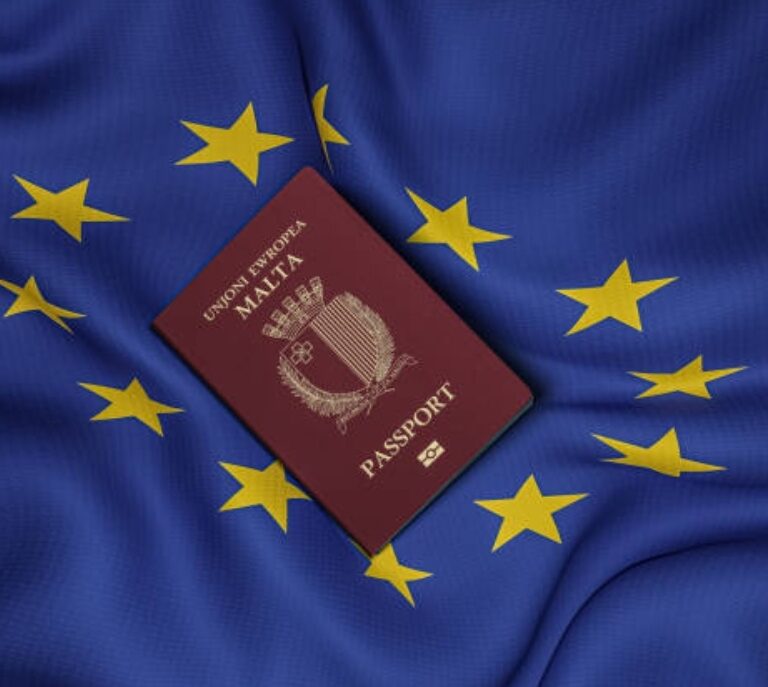Getting Canada Marriage & Job Visa Sponsorship
Canada, with its thriving economy, high quality of life, and diverse cultural landscape, remains one of the most sought-after destinations for individuals and families seeking better opportunities. From vibrant metropolitan cities to peaceful suburban communities, Canada offers an environment where people from all over the world can build rewarding lives. The country’s welcoming immigration policies and commitment to multiculturalism make it particularly attractive for those dreaming of a fresh start abroad.
For many individuals, two of the most direct and promising pathways to establishing a life in Canada are through Marriage Sponsorship and Job Visa Sponsorship. Whether you are entering Canada through the support of a loved one or through an employer recognizing your skills, both avenues open the door to long-term residence and future citizenship. However, each pathway comes with its own set of rules, eligibility requirements, and processes that must be carefully understood and followed.
Marriage Sponsorship allows Canadian citizens and permanent residents to sponsor their spouses, common-law partners, or conjugal partners for permanent residency. It is rooted not only in love and commitment but also in legal obligations, requiring both parties to prove the authenticity of their relationship and meet specific financial criteria. On the other hand, Job Visa Sponsorship involves securing employment with a Canadian employer who is willing to offer you a job and, in some cases, assist with the immigration paperwork needed to obtain a work permit or permanent residency through programs like the Express Entry or Provincial Nominee Programs.
This comprehensive guide will delve deep into both these pathways, providing clear explanations, actionable steps, and practical advice on navigating Marriage and Job Visa Sponsorship successfully. Whether you’re planning to reunite with a partner or pursue your career dreams in Canada, understanding these processes is your first crucial step toward making your Canadian dream a reality.
1. Federal Skilled Worker Program (FSWP):
The Federal Skilled Worker Program is a key pathway for skilled workers to obtain Canadian permanent residency. This program assesses candidates based on factors such as age, education, work experience, and language proficiency. If you secure a job offer from a Canadian employer, it significantly boosts your chances of approval. Make use of the Express Entry system to submit your profile and increase your visibility to potential sponsors.
2. Provincial Nominee Programs (PNPs):
Each Canadian province has its own PNP, allowing provinces and territories to nominate individuals who meet their specific labor market needs. Many PNPs have streams that cater to skilled workers. Research and identify provinces where your skills are in demand, as obtaining a provincial nomination significantly enhances your chances of receiving an Invitation to Apply (ITA) for permanent residence.
3. Job Bank Registration:
The Job Bank is an excellent platform connecting Canadian employers with potential employees. By registering and creating a profile on the Job Bank website, you can showcase your skills and qualifications to prospective employers actively seeking international talent. If an employer expresses interest, they may extend a job offer and support your visa application.
4. Express Entry System:
The Express Entry System is a point-based immigration system used to manage applications for permanent residence. Create an Express Entry profile to be considered for immigration programs like the Federal Skilled Worker Program, Federal Skilled Trades Program, and Canadian Experience Class. Ensure you maximize your Comprehensive Ranking System (CRS) score by obtaining a valid job offer or provincial nomination.
5. Study to Work Pathway:
Embarking on a study program in Canada provides an opportunity to explore the country and its job market. Upon graduation, you may be eligible for a Post-Graduation Work Permit (PGWP). Gaining Canadian work experience through the PGWP can enhance your chances of obtaining sponsorship for permanent residency.
6. Spousal Sponsorship:
Spousal Sponsorship is one of the most compassionate and family-centered pathways for individuals wishing to immigrate to Canada. If you are married to, or in a recognized relationship with, a Canadian citizen or permanent resident, they have the legal right to sponsor you for permanent residency under Canada’s family reunification immigration category. This program is designed to prioritize keeping families together, reflecting Canada’s strong commitment to human rights and multicultural values.
To qualify, the sponsor must either be a Canadian citizen living in Canada (or prove an intention to return once the application is approved) or a permanent resident currently residing within Canada. Additionally, the sponsor must demonstrate that they can financially support the sponsored spouse or partner, ensuring that the newcomer does not rely on social assistance from the government. Although there is no strict income requirement for sponsoring a spouse, sponsors must sign an undertaking agreeing to financially provide for the basic needs of their spouse for a period of three years from the day the sponsored person becomes a permanent resident.
The relationship must be genuine and not entered into primarily for immigration purposes. Immigration officers carefully assess the authenticity of the relationship through documentation such as marriage certificates, shared financial records, photographs together, communication logs, and personal statements. Interviews may also be conducted in certain cases to verify the legitimacy of the relationship.
There are two main types of spousal sponsorship streams: Inland Sponsorship (where both partners are living together in Canada) and Outland Sponsorship (where the spouse is outside Canada during the process). Inland applicants may also be eligible for an open work permit while their application is being processed, allowing them to work legally in Canada. Once approved, the sponsored spouse or partner receives permanent residency, granting them full rights to live, work, and study anywhere in Canada, and eventually apply for Canadian citizenship if they meet the residency requirements.
7. Intra-Company Transfers:
If you are currently employed by a multinational company with operations in Canada, you may explore the Intra-Company Transfers route. This allows employees to be transferred to a Canadian branch or subsidiary. While working in Canada, you can build relationships with local employers, increasing your chances of securing a job offer for permanent residency sponsorship.
8. Temporary Work Permits:
Acquiring a Temporary Work Permit is another strategy to gain Canadian work experience and potentially secure sponsorship for permanent residency. Employers hiring foreign workers must obtain a Labor Market Impact Assessment (LMIA) to demonstrate the need for hiring internationally. A positive LMIA significantly enhances your chances of obtaining a work permit.
9. Networking and Job Search Strategies:
Building a professional network in Canada is crucial for job and sponsorship opportunities. Utilize professional networking platforms, attend industry events, and engage with local professionals. Many job opportunities arise through personal connections, and networking can provide valuable insights into the Canadian job market.
10. Seek Assistance from Immigration Consultants:
Navigating the complex immigration process can be challenging. Immigration consultants and lawyers specializing in Canadian immigration can provide guidance and support. Ensure you choose a reputable consultant or lawyer with a proven track record in successful visa applications.
11. Volunteer Opportunities:
Volunteering is an excellent way to integrate into the Canadian community, gain local work experience, and showcase your skills to potential employers. Many organizations value volunteer experience, and it can lead to job offers and sponsorship for permanent residency.
12. Job Fairs and Recruitment Events:
Canada hosts numerous job fairs and recruitment events throughout the year. Attend these events to connect with employers actively seeking international talent. Bring copies of your resume, network with company representatives, and express your interest in working and settling in Canada.
13. Build Language Proficiency:
Strong language skills, especially in English or French, are crucial for obtaining sponsorship. Improving your language proficiency through language courses, exams like IELTS, or participation in language exchange programs can significantly enhance your eligibility.
14. Explore Entrepreneurial Opportunities:
If you have entrepreneurial aspirations, explore the Start-Up Visa Program, designed to attract innovative entrepreneurs to establish businesses in Canada. Successful applicants receive permanent residency, and this can be an alternative route for those with a business mindset.
15. Job Search Websites:
Utilize popular Canadian job search websites to explore job opportunities and connect with potential employers. Websites like Indeed, Monster, and Workopolis regularly feature job postings, making it easier for international candidates to identify suitable positions.
In conclusion, obtaining Canada Marriage & Job Visa Sponsorship requires a combination of strategic planning, networking, and understanding the various immigration pathways available. Whether through skilled worker programs, spousal sponsorship, or other avenues, the key is to be proactive, persistent, and well-informed. As you embark on this journey, stay resilient, and leverage the resources and opportunities that Canada has to offer.
Frequently Asked Questions (FAQs) About Spousal Sponsorship
1. How long does the spousal sponsorship process take?
Processing times for spousal sponsorship applications can vary based on where the application is submitted and the complexity of the case. On average, it takes around 12 months for most applications to be processed. However, delays can occur if additional documents are requested, interviews are required, or if background checks take longer than usual.
2. Can my spouse work while waiting for sponsorship approval?
Yes, if you apply for Inland Spousal Sponsorship (meaning you are already living in Canada with your spouse), you can also apply for an Open Work Permit while your sponsorship application is being processed. This allows you to work legally in Canada and support yourself during the waiting period.
3. What happens if our relationship ends after I get permanent residency?
If your relationship ends after you have received permanent residency, your immigration status is generally not revoked. However, if it is discovered that the relationship was fraudulent — entered into primarily for immigration purposes — legal actions could be taken, including loss of status or removal from Canada. Canadian immigration authorities take marriage fraud very seriously.
4. Can a spouse sponsor me if they are living outside Canada?
A Canadian citizen living abroad can sponsor their spouse, provided they show proof of their intent to move back to Canada once the sponsorship is approved. However, permanent residents must be physically present in Canada at the time of submitting the sponsorship application and until a decision is made.
5. Is there an income requirement to sponsor a spouse?
Unlike other types of sponsorships (like sponsoring parents or grandparents), there is no minimum income requirement to sponsor a spouse or partner. However, the sponsor must not be receiving social assistance (other than for disability reasons) and must prove that they can financially support their spouse without needing government help.
Conclusion
Spousal Sponsorship provides a powerful opportunity for couples to build a life together in Canada. By offering a direct and supportive pathway to permanent residency, the Canadian government ensures that families and loved ones can reunite and thrive together. However, it is critical to approach the process with honesty, thorough documentation, and patience. A well-prepared application, strong proof of a genuine relationship, and clear communication with immigration officials can greatly enhance the chances of a successful outcome. Whether you are applying from within Canada or abroad, the Spousal Sponsorship pathway remains one of the most rewarding avenues for starting a new chapter in Canada with your loved one.











